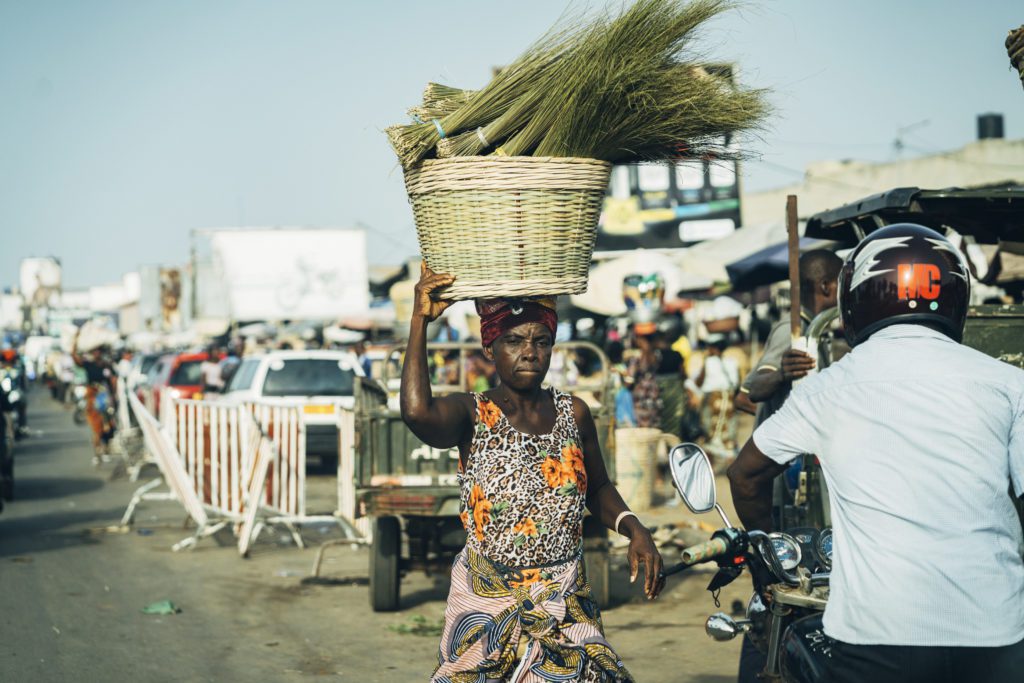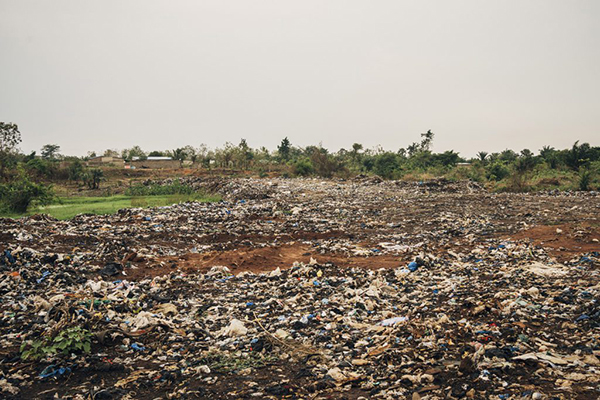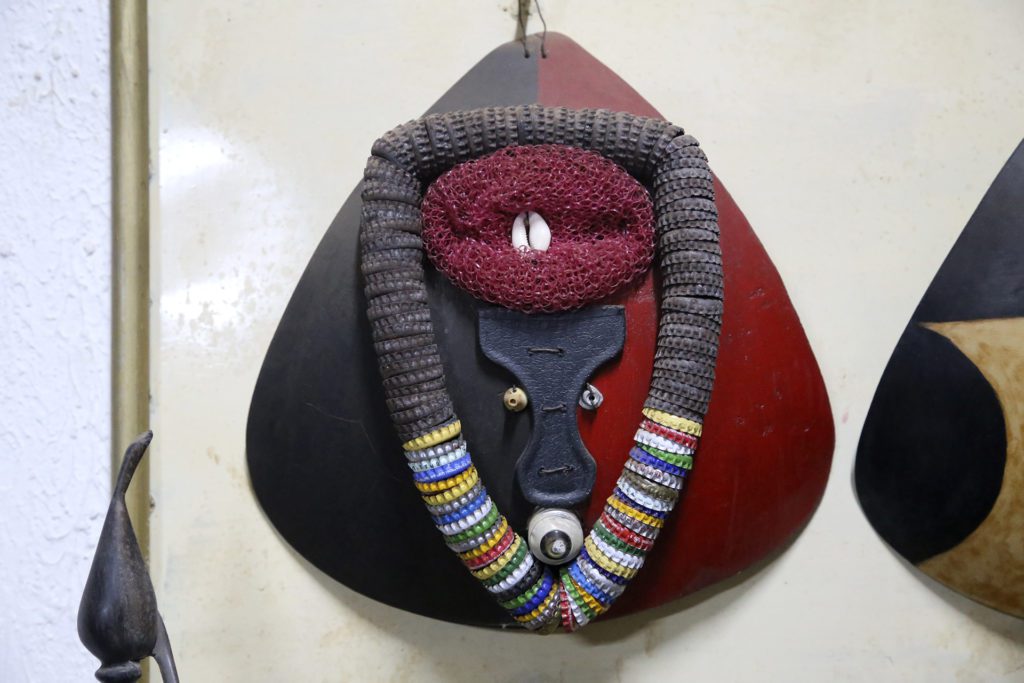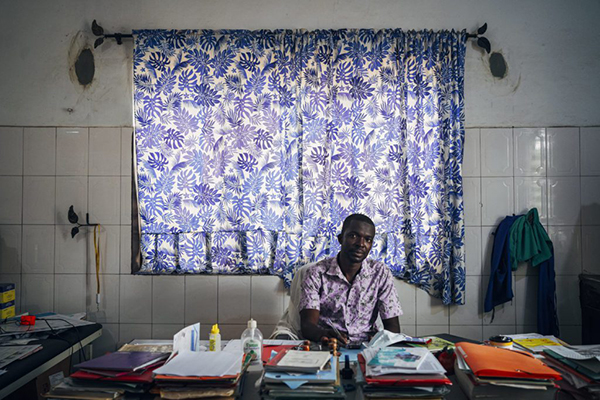Boosting local trade has economic, social and environmental benefits for our society. Shopping locally when we travel also contributes to a better distribution of wealth and development.
In a globalized, interconnected world, buying products from their source is just a click away. Local businesses and initiatives are struggling to survive in this climate of delocalisation and immediacy. Competition is fierce, but the advantages of shopping locally are many. Why should we think about consuming locally?
We examined this issue in this article on local and fair trade. By buying local products, we create a direct relationship between producer and consumer. In this sense, we cut out intermediaries, supporting the economy of small businesses and producers. We generate wealth and also contribute to reducing the environmental impact of production processes.
The importance of promoting local trade
Local shopping rebalances the social and economic equilibrium because consumption of local products creates wealth and does not contribute to the overexploitation of resources and people in developing countries. Supporting traditional businesses or entrepreneurs who offer local products means having sustainable and equitable development at our fingertips.
In developing countries, trade run by cooperatives or local groups can also help to ensure that wealth does not remain in the hands of the few. Small shops often have to compete with large multinational companies, which monopolise the larger, more central shops and have more aggressive marketing and communication strategies. Buying local when we travel to these countries is one more way to close the inequality gap and generate sustainable, quality tourism.
Shopping locally when we travel
When planning a trip, especially to a developing or impoverished country, we need to consider how our money will impact the destination. There are many ways to encourage the equitable distribution of wealth in the countries we visit.
For example, we can plan a tour with a local guide or agency, which in turn works with local suppliers to boost the economy. We can also buy products or souvenirs produced in an artisanal way and with organic and sustainable products. To do this, we can find out which products are typical of the area we are visiting, how they are produced, if the process respects local societies and the environment… In short, we can plan ahead where we are going to spend our money and how it will impact on the place we want to visit.
Boosting local trade has economic, social and environmental benefits for our society. Shopping locally when we travel also contributes to a better distribution of wealth and development.
In a globalized, interconnected world, buying products from their source is just a click away. Local businesses and initiatives are struggling to survive in this climate of delocalisation and immediacy. Competition is fierce, but the advantages of shopping locally are many. Why should we think about consuming locally?
We examined this issue in this article on local and fair trade. By buying local products, we create a direct relationship between producer and consumer. In this sense, we cut out intermediaries, supporting the economy of small businesses and producers. We generate wealth and also contribute to reducing the environmental impact of production processes.
The importance of promoting local trade
Local shopping rebalances the social and economic equilibrium because consumption of local products creates wealth and does not contribute to the overexploitation of resources and people in developing countries. Supporting traditional businesses or entrepreneurs who offer local products means having sustainable and equitable development at our fingertips.
In developing countries, trade run by cooperatives or local groups can also help to ensure that wealth does not remain in the hands of the few. Small shops often have to compete with large multinational companies, which monopolise the larger, more central shops and have more aggressive marketing and communication strategies. Buying local when we travel to these countries is one more way to close the inequality gap and generate sustainable, quality tourism.
Shopping locally when we travel
When planning a trip, especially to a developing or impoverished country, we need to consider how our money will impact the destination. There are many ways to encourage the equitable distribution of wealth in the countries we visit.
For example, we can plan a tour with a local guide or agency, which in turn works with local suppliers to boost the economy. We can also buy products or souvenirs produced in an artisanal way and with organic and sustainable products. To do this, we can find out which products are typical of the area we are visiting, how they are produced, if the process respects local societies and the environment… In short, we can plan ahead where we are going to spend our money and how it will impact on the place we want to visit.






